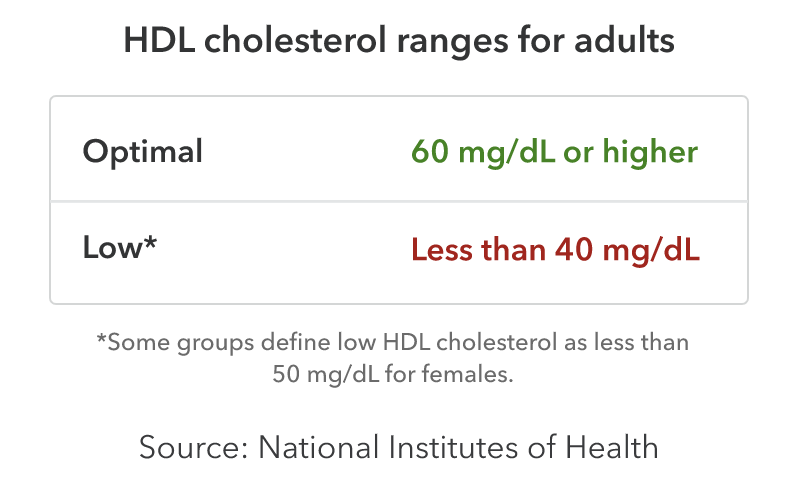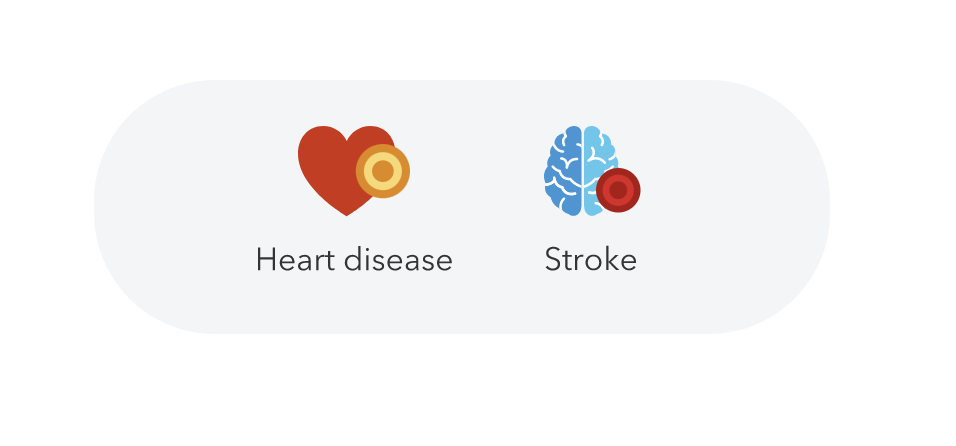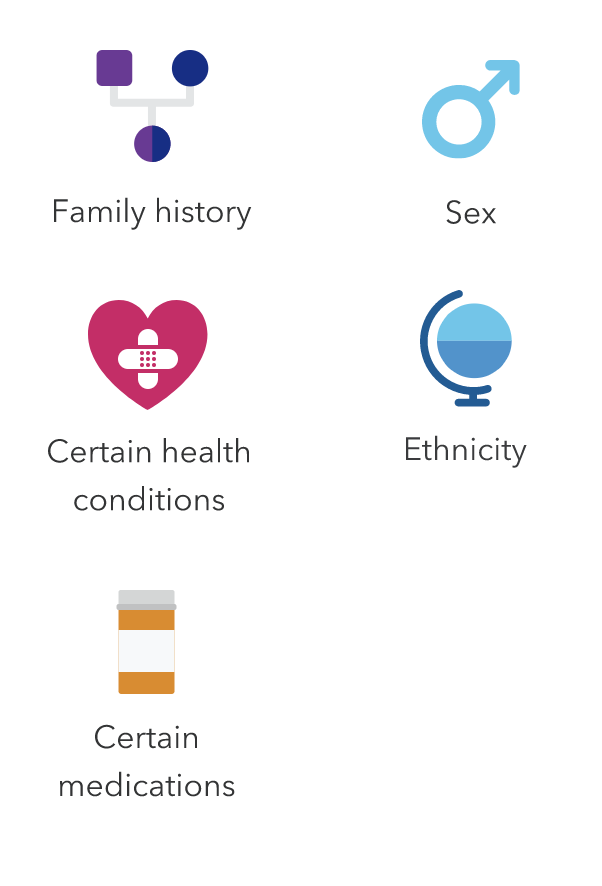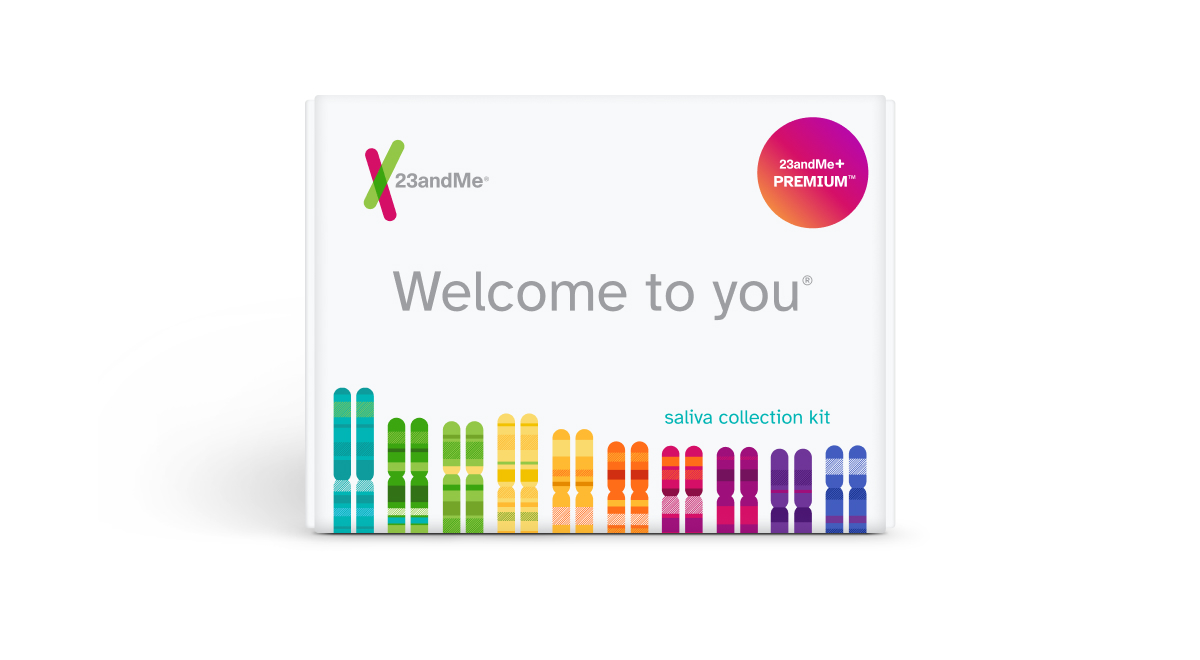Is HDL Cholesterol Genetic?Explore HDL Cholesterol and what your DNA can tell you
What is HDL cholesterol?
High-density lipoprotein (HDL) cholesterol is a waxy substance made of fat and protein molecules that circulates in the blood. HDL cholesterol picks up “bad” LDL cholesterol from the blood and carries it back to the liver where it is broken down and removed from the body. This helps prevent LDL cholesterol from building up on the walls of blood vessels and restricting blood flow. HDL cholesterol is known as “good” cholesterol because having a healthy level of HDL cholesterol is associated with a reduced risk for heart attack and stroke. Optimal HDL cholesterol levels are often defined as 60 mg/dL (said “milligrams per deciliter”) or higher.

How can low HDL cholesterol impact your health?
Low HDL cholesterol is associated with an increased risk for heart attack and stroke. It may also be a sign of other conditions that increase the risk for heart disease, including high LDL cholesterol, high triglycerides, and type 2 diabetes. People with low HDL cholesterol do not usually experience symptoms so it is important to get regular screening to assess your cholesterol levels to better understand your heart disease risk. Depending on your cholesterol levels and whether you have other risk factors for heart disease, your doctor may recommend lifestyle changes and/or medications to help maintain healthy levels of cholesterol.

Other factors that may cause an increased likelihood of low HDL cholesterol
Besides genetics, weight, and lifestyle, other factors that can increase the likelihood of developing low HDL cholesterol include:
- Family history
- Sex (more males than females are diagnosed with low HDL cholesterol).
- Certain health conditions, including type 2 diabetes and high triglyceride levels.
- Ethnicity. People of South Asian descent tend to have lower levels of HDL cholesterol. African Americans tend to have higher levels of HDL cholesterol but also have a higher risk for heart disease.
- Currently taking certain medications.

Find out if your genetics might increase your likelihood of developing HDL cholesterol
Curious whether you have an increased likelihood of developing low HDL cholesterol based on your genetics? 23andMe takes into account more than 15,000 genetic markers to estimate the likelihood of developing low HDL cholesterol. Find out more with the HDL Cholesterol report (Powered by 23andMe Research), part of the 23andMe+ Premium membership. 23andMe+ Premium includes everything in our Health + Ancestry Service plus new premium reports and features throughout the year.

23andMe+ Premium
Please note:
- This report does not diagnose low HDL cholesterol and should not be used to make medical decisions.
- The report was developed by 23andMe scientists using data and insights gathered from thousands of customers who chose to participate in our research. Reports based on 23andMe research provide an estimate of your likelihood of developing a condition based on your genetics and other factors. This report does not account for lifestyle or family history.
- The report does not account for every possible genetic variant that could affect your likelihood of developing low HDL cholesterol.
References